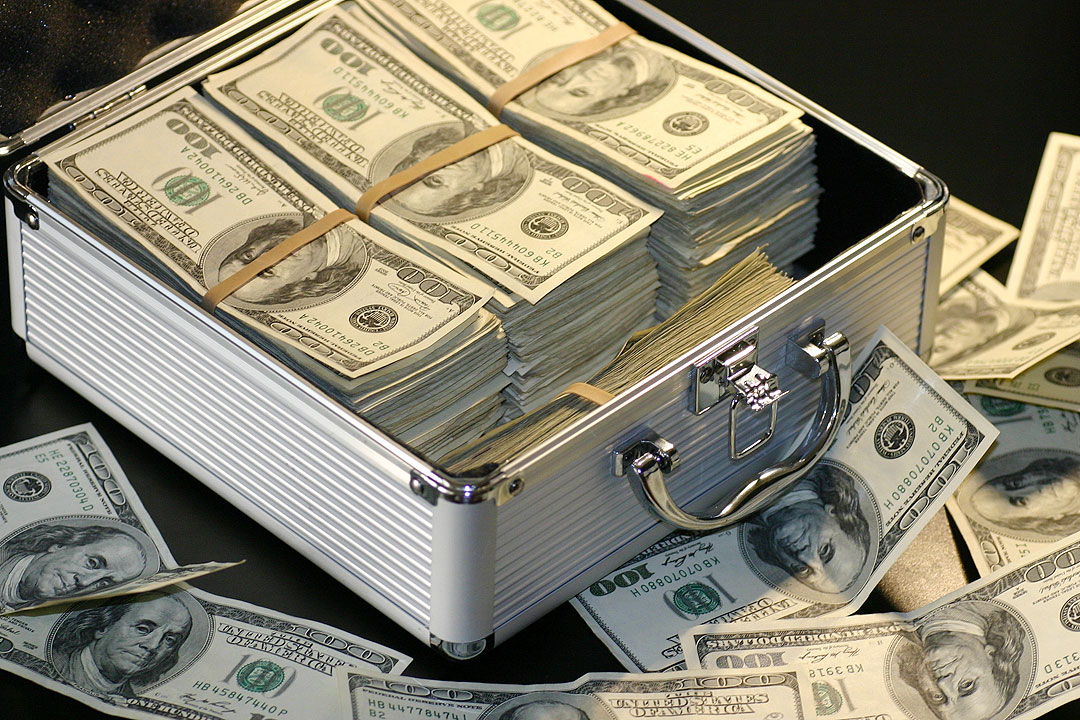August ‘hot money’ outflows lowest in 3 months

SHORT-TERM foreign investment outflows slowed in August, as the Bangko Sentral ng Pilipinas (BSP) and central banks globally further increased borrowing costs.
Data released by the Philippine central bank showed transactions on foreign investments registered with the BSP through authorized agent banks (AABs) saw a net outflow of $86 million in August, the smallest outflow in three months.
The August figure was 16% lower than the $103-million net outflows recorded in July. It was also a reversal from the $11.5 million net inflows in the same month in 2021.
Foreign investments registered with the BSP through AABs are also known as “hot money” due to the ease with which they enter and exit financial markets. Investors typically want to secure the best short-term rates possible.
“Outflows were lower than the previous month as investors took into account the pivot of the BSP to be more aggressive, with its off-cycle hike in July and another 50-bp (basis point) hike in August,” China Banking Corp. Chief Economist Domini S. Velasquez said in a Viber message.
The Monetary Board has so far raised the benchmark policy rate to 225 basis points (bps) this year, including its surprise 75-bp hike in July and back-to-back 50-bp increases in August and September.
“However, this did not prevent net portfolio outflows from continuing for the fourth month as markets were generally risk-off on emerging economies,” Ms. Domini said.
Gross outflows of hot money increased by 10.4% to $878 million in August from $795 million a year ago.
“Aggressiveness in the monetary tightening cycle in advanced economies and investors’ perception that these economies are safer to invest in, prompted greater outflows from the Philippines,” she added.
The US Federal Reserve has raised rates by 300 bps since March, taking into account its three consecutive 75-bp increases in June, July, and September.
Meanwhile, gross inflows decreased by 1.85% to $792 million in August from $807 million a year earlier.
The top five investor economies during the month are the United Kingdom, United States, Hong Kong, Malaysia, and Luxembourg, which accounted for 82.6% of foreign portfolio investment inflow.
The bulk of investments went to securities of banks; holding companies; property; food, beverage and tobacco; and electricity, energy, power, and water. The rest were invested in peso government securities.
For the eight months to August, foreign investments yielded a net inflow of $539 million, a turnaround from the $434-million net outflows in the same period last year.
“Moving forward, we expect this risk-off sentiment to continue affecting hot money as central banks globally remain hawkish,” Ms. Domini said.
She added that record-high yields in developed countries and financial turmoil might drive investors away from emerging economies such as the Philippines.
The BSP said registration of inward foreign investments delegated to AABs by the BSP is “optional under the rules on foreign exchange transactions.”
The central bank expects hot money to yield a net inflow of $4.5 billion in 2022. — Keisha B. Ta-asan



